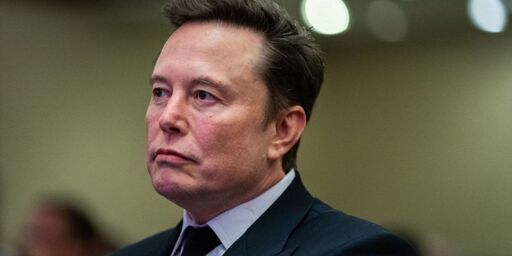Summary
Elon Musk called to “delete” the Consumer Financial Protection Bureau (CFPB), which has returned nearly $20 billion to Americans since its creation after the 2008 financial crisis.
Critics, including Public Citizen, argue Musk’s stance is driven by conflicts of interest, as the CFPB recently finalized a rule to supervise large tech companies offering digital payment services—a business Musk appears poised to enter.
“In short, Musk is calling for elimination of the consumer protection regulator over a business line he seems poised to enter… This is systemic corruption at a grand and intolerable scale,” one advocate said.
The CFPB has long faced opposition from corporations and conservatives but is praised for combating financial abuses and protecting consumers.



Well, they have to balance their commitment to global free markets with their desire to destroy countries run by Communists, or any country that isn’t sufficiently Western and liberal in their political or economic philosophies. China is especially problematic, because they’ve accounted for so much of the global growth that’s occurred over the last several decades, but they are ultimately run by Communists, and they are certainly not liberal or Western enough.
I remember last time Trump was in office. There were massive tariffs on european products as well. There are no communist countries in the European Union. Trump and his gang openly push the “America first” narrative and that very obviously means that every other country in the global market is under attack, even those who were traditionally viewed as allies. Communism is not the issue here.
We’ll see if the US manages to bully the world into submission but I have my doubts. A free global market is bound by capitalist mechanics. If the US is not an attractive trade partner the export profits will be made elsewhere.
Yes, they are not consistent in their own logic. They are hypocrites. But that doesn’t mean they aren’t committed to global, free-market capitalism. They’re committed to it in the same way a religious person might be committed to their faith, despite not following, or even knowing all of its precepts. In fact, the rules and definitions of global, free-market capitalism don’t matter. The rules of capitalism are whatever they want them to be, similarly, again, to a pastor who molds his denominations religious teachings to whatever suits him.